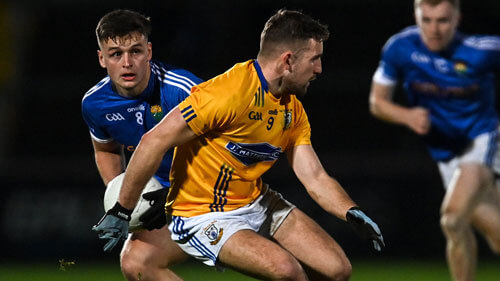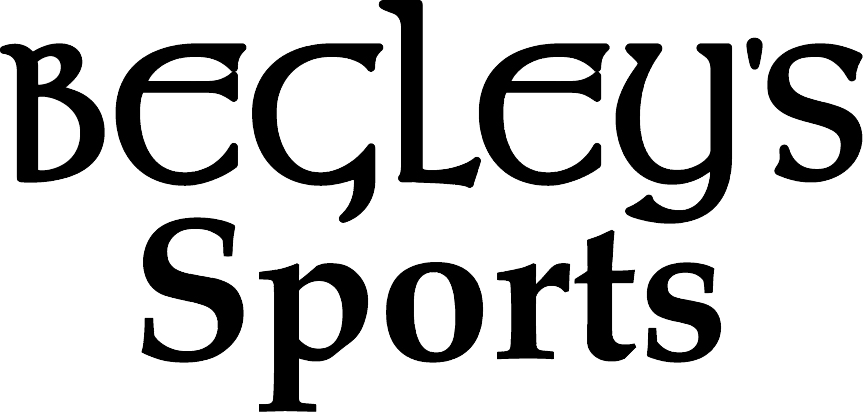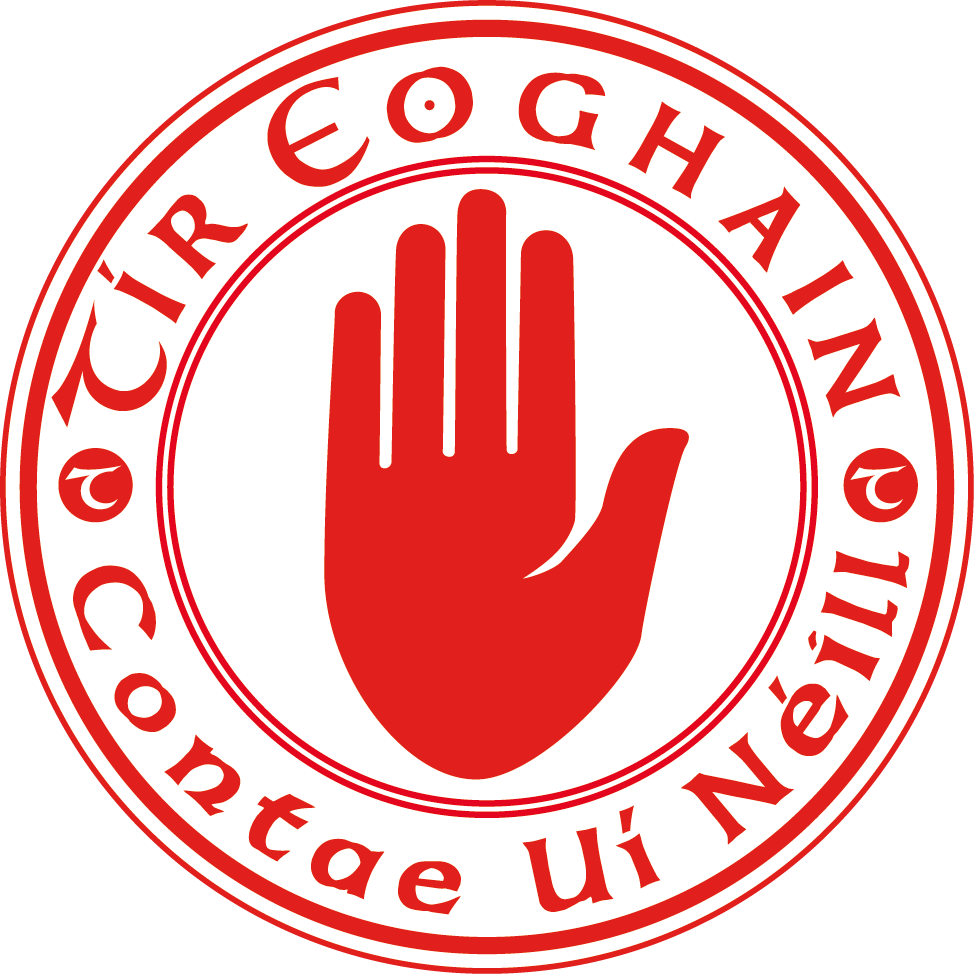Here is some information about the rules of the game:
Principles of Fair Play
- Reward the skilful player
- Ensure that it does not pay to foul
- Eradicate cynicism from the games
- Ensure consistent application of the Playing Rules
- Optimise respect for Match Officials
- Ensure players take responsibility for their behaviour
- Ensure sanctions are imposed on a proportionate and transparent basis
Ensure players take responsibility for their behaviour
- Ball must be the Primary Focus
- Players are responsible for the contact they make
- Player must have an awareness and duty of care towards their opponent
- Player playing the ball will be protected
Sanctions relating to Illegal Charge/Collision determined by the following criteria
- If contact is made to opponent’s head
- If opponent has no opportunity to protect himself
- If contact/impact is excessive or causes injury
- If the elbow/forearm/hurley is part of the contact
- If the player making contact jumps or has two feet off the ground
- If the player making contact had a realistic alternative by way of challenging opponent
- The direction and distance covered by the player who makes contact
Penalty Order Off – Red Card
- To strike or attempt to strike an opponent with head, arm, elbow, hand or knee
- To kick or attempt to kick an opponent with minimal force
- To strike or attempt to strike an opponent with a hurley with minimal force
- To strike an opponent with a hurley either with force or causing injury
- To strike or attempt to strike an opponent with a hurley with force
- To kick an opponent, with force causing injury
- To attempt to kick an opponent with Force
- To stamp on an opponent
- To behave in a way which is dangerous to an opponent
- To inflict injury recklessly on an opponent by means other than stated above:
- To spit at an opponent
- To contribute to a melee
- To strike or attempt to strike, to interfere with or use threatening or abusive language or conduct to a Match Official
- To assault an opposing Team Official
- To foul an opponent as in 1-12 inclusive above prior to the start or at half-time
- To foul a team-mate as in 1-12 inclusive above.
Penalty Caution – Yellow Card
- To pull down an opponent:
- To trip an opponent with hand(s) or foot or hurley
- To threaten/use abusive or provocative language/gestures to an opponent
- To block or attempt to block with the boot when an opponent is kicking from the hand
- To prevent or attempt to prevent an opponent from lifting or kicking the ball off the ground by striking an opponent’s hand, arm, foot or leg with the boot
- To engage in any other form of rough play
- To attempt to achieve an advantage by feigning a foul or injury
- To threaten or use abusive or provocative language or gestures to a team mate
- To make a pull with the hurley from behind and around the body that is not consistent with an attept to play the ball
- To throw the hurley is a careless manner
- To throw the hurley in a manner which constitutes a danger to another player(s)
- To pull or take hold of a faceguard or any other part of an opponent’s helmet. (In hurling infractions 4 and 6 are not included in the rule book)
Penalty Note / Tick
- To hold an opponent with the hand(s)
- To use the fist on, or around the body of an opponent for the purpose of dispossessing him of the ball
- To charge an opponent in the back or front
- To charge an opponent unless;
- He is in possession of the ball;
- He is not in the act of kicking the ball
- Both players are moving in the direction of the ball to play it
- To charge an opponent for the purpose of giving advantage to a team-mate: (No additional noting infractions in hurling)
Penalty Free / 1st Offence – Caution if Persistent
- To push an opponent with the hand(s) or hurley
- To charge the Goalkeeper in the small rectangle
- For a player in possession of the ball to charge an opponent.
- To hold an opponent’s hurley OR pull it from his hands
- To use the hurley to obstruct an opponent
- To strike an opponent’s hurley unless both players are in the act of playing the ball (Please note that following clarification persistent is classified as twice)












